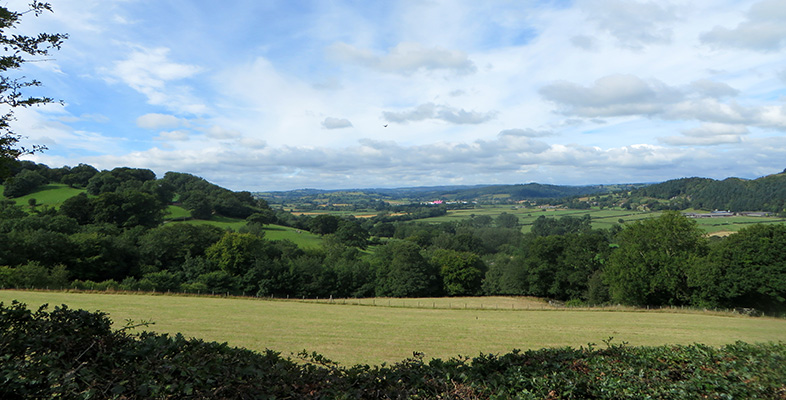1.4 The rural entrepreneur
Originally, the term ‘entrepreneur’, which derives from the French words entre (between) and prendre (to take), referred to someone who acted as an intermediary in undertaking to do something. The term was first used to describe the activities of what today we might call an impresario, a promoter or a deal-developing, entrepreneurial ideas maker.
Ask people to name an entrepreneur and many will say Richard Branson. He is indeed an entrepreneur, but to think that his high-profile celebrity status is necessary to entrepreneurship does a great disservice to all those who work creating new products or services or delivering them to market in a different or more efficient way.
It is also worth noting that entrepreneurship is not something that is confined to the ‘for profit’ sector. We also find social entrepreneurs, and in many rural locales policy entrepreneurs (people in public office like a local authority) can be just as important in laying the foundations for entrepreneurship.
Within a 20 mile range of any rural location there will be many examples of entrepreneurial businesses.
Task 5: Rural businesses
Make a list the businesses local to you that might be deemed entrepreneurial.
A sample of small businesses identified within a very small radius of one another were:
- A chocolate importer, originally from mainland Europe, who noted that people loved the chocolate he brought back as presents and set up a business.
- A farming family who have built a cafe and a bunkhouse to supplement their income.
- A consultancy that conducts ecological monitoring, usually for new developments. They are very busy with impact assessments on hydro schemes and wind farms.
- A range of local traders who work as sole traders but come together to take on larger projects.
- A community company that owns and manages the local fishery and is branching out into hydro.
- A self-employed machine operator with his own plant who is diversifying into the pipe business.
- A smallholder who moved into the area, set up a mushroom business selling direct to wholesalers and who has recently branched out into selling mushroom kits.
- Two guitar makers, independent of each other but living less than a mile apart. Each makes handmade bespoke instruments.
- A sole trader who develops and designs the computer systems that run climate controls in high rise buildings and most of whose clients are in SE Asia.
Discussion
Each one of these business owners started with a small idea and developed it into a sustainable business or social enterprise. It is often assumed entrepreneurs share with all other business owners and senior managers the goal of maximising the ‘profits’ of their business. Even if you are working towards a social enterprise, the long-term financial viability is still a fundamental necessity. In reality, however, many other motives and objectives also influence business and managerial behaviour, particularly among small organisations of less than 20 employees (which would include almost all new start ups).
Austrian economist Joseph Schumpeter (1934) defined the entrepreneur simply as someone who acts as an agent of change by bringing into existence a ‘new combination of the means of production’. The essence of Schumpeter’s approach is that entrepreneurs are competitive and always strive to gain an edge over their competitors, or the best facility for their clients in the case of a social enterprise. In general, he suggests entrepreneurs are also adept at getting investors and providers of capital (such as banks, relatives or grant schemes) to bear the main part of the financial risk.
When entrepreneurs begin to consolidate and slow down they revert to being ordinary managers and, in Schumpeter’s terms, are no longer entrepreneurial. Thus, a certain set of skills, approaches and attitude may be required to set up a business and a different set required to run and maintain it.
McClelland (1968) takes a more psychological perspective. His preferred entrepreneurial motivator is the ‘need for achievement’ (‘nAch’, as it is usually abbreviated) – ‘a desire to do well, not so much for the sake of social recognition or prestige, but to attain an inner feeling of personal accomplishment’. McClelland was quite critical of the profit motive as the mainspring of entrepreneurial activity.
Slee (2008) purports that once a relatively low level of wealth is achieved, further increases do not mirror increases in happiness. Thus, the desire for constant growth in a small company may not enhance the ‘well being’ noted as being a key motivation for many rural businesses.
He argues that many things should happen locally, be it work, energy or food production or, indeed, leisure time. Curry (2008) suggests:
It is the pursuit of a number of these ‘non-growth’ characteristics that is enjoying increasing popularity amongst rural communities themselves … ‘bottom up’ initiatives such as land trusts, community finance solutions, alternative foods, local foods, farmers markets, etc. are all naturally adopting Slee’s notions of relocalisation on the ground.
